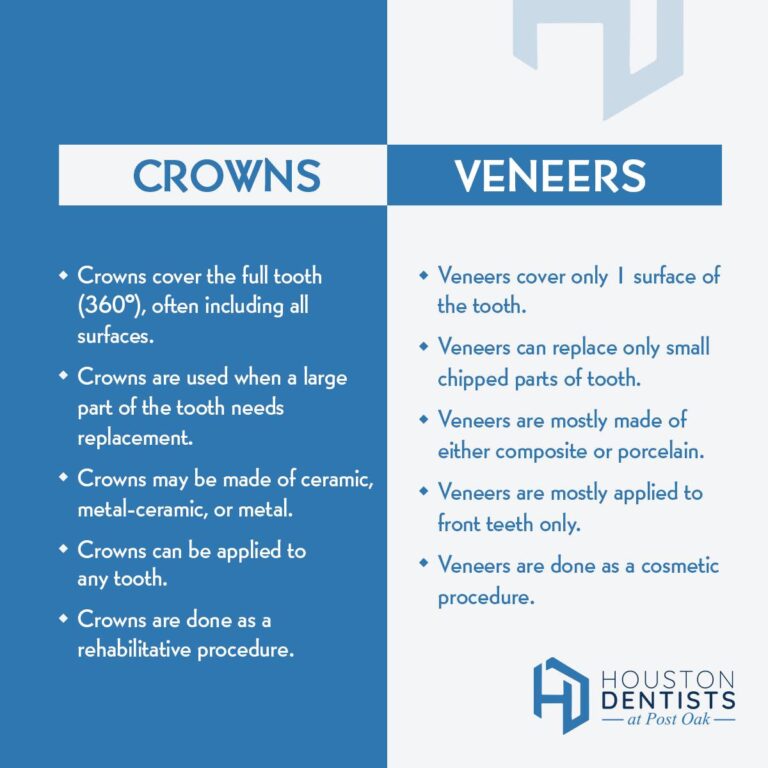Dealing with a problematic tooth that requires removal can bring about some understandable questions. What exactly happens during the procedure? What can you expect from start to finish?…

The jury is still out, but let’s take a look at what we do know.
What is Xylitol?
Xylitol is a naturally-occurring sugar alcohol found in many plants, fruits and vegetables. Typically extracted from birch trees for commercial use, it is considered a healthier alternative to sugar. It is widely used today to sweeten gums, candies, and other goods. You may be surprised to learn it was used in chewing gum as early as the 1970s.
Xylitol claims
According to a recent issue of Consumer Reports on Health, many websites advertising products with Xylitol prematurely claimed that it not only discourages the growth of bacteria in the mouth but that it also helps to prevent further tooth decay. There is not enough evidence yet to verify this statement, but studies do show there is some benefit.
How you may benefit
According to the American Dental Association, what clinical studies do show is that chewing any variety of sugarless gum for approximately 20 minutes immediately following a meal increases saliva production. Saliva benefits a healthier mouth by first neutralizing acids and then rinsing away remaining bits of food after eating. Not only does this help to inhibit bacterial growth, but it is also rich in calcium and phosphate, two minerals that support healthy tooth enamel.
Dental wrap-up
As always, the ADA recommends a twice-daily brushing with a fluoride toothpaste. Additionally, flossing once a day helps to remove any remaining plaque and to prevent future build-up of it between teeth. If you want to chew a safety-approved sugar-free gum, remember to look for the ADA seal of approval on the packaging. The ADA never stamps their seal of approval on anything until the manufacturer verifies all product claims and meets all of their requirements for safety and effectiveness.






